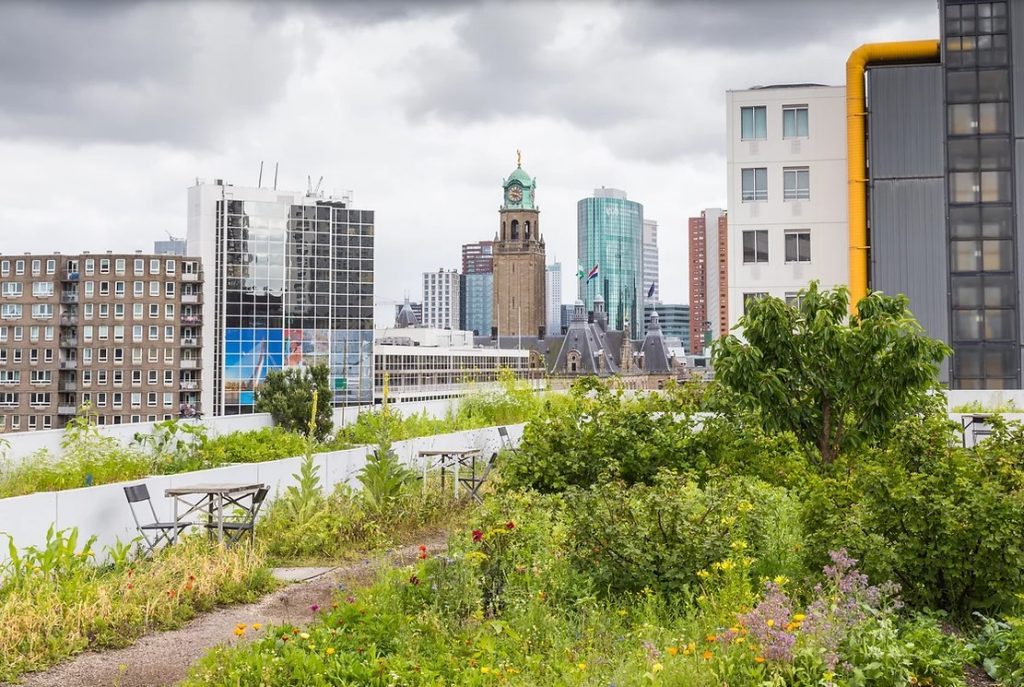Sustainability in the hospitality industry


Sustainability is rapidly becoming the main concern for both the private and public sectors and the hospitality industry is no exception. So what does sustainability even mean? In simple words, sustainability means that the natural ecosystem can continue to support life and provide the resources to meet the needs of present and future generations.
First of all, since we are talking about sustainability in the hospitality industry we should check how much does this industry affects the environment?
According to the Cambridge Institute for Sustainability Leadership, “tourism contributes about 5% of global greenhouse gas emissions – a figure they expect to grow by 130% by 2035” Meanwhile International Tourism Partnership found that for the hotel industry to align with the Paris Climate Agreement, “it will need to reduce its greenhouse gas emission per room per year by 90% by 2050” compared to previous figures from 2010. These statistics seem worrying but they are getting even worse, taking into consideration the current and forecasted rates of growth we can notice that the challenge we are facing is not an insignificant one.
In the past five years, the global hotel industry has grown by 2.3% to reach revenues of over 1.28 trillion euros in 2018. At the current pace, more than 80000 hotels will join the existing supply by 2050.
Dr. Willy Legrand explains it, “we need to find a way to grow the industry, accommodating more and more guests and building more and more properties, and at the same time reduce the sector’s carbon footprint to achieve complete decarbonization by 2050.”
How can hotels reduce their impact on the environment?
Implement energy-saving technologies – excessive energy consumption is one of the main problems that hotels have to face. Installing energy-saving technologies could be beneficial for both environment and hotels. Hotels can cut their overall energy consumption by 20% using some basic technologies like smart thermostats and sensors.
Recycling – It’s known that hotels create large volumes of trash on daily basis but hotels are actually in a great position to recycle since most of their waste consists of food, office paper, cardboard, aluminum cans, and plastic bottles. By implementing various recycling strategies hotels can cut their expenses and significantly lower the impact on the environment. Some initiatives managed to combine recycling with charity. Hilton hotels across 17 countries in Europe recycle their soaps, creating approximately 700000 new soap bars each year that will be sent to communities in need.
Composting food – lately an increasing number of hotels are realizing the benefits of composting food waste rather than throwing it out. There are great amounts of food thrown out on daily basis, especially in hotels that offer buffet service. The food that’s not consumed can be used to feed the poor, like sending it to local shelters or if it isn’t edible can be used as a fertilizer. In the US, lots of restaurants are reluctant to give away edible leftovers over fears of getting sued. However, there are no documented cases of anyone being sued for donating food in the US. In addition to this fact, there is also a Bill Emerson Good Samaritan Food Donation Act of 1996 that protects restaurants and other donors from civil and criminal liability unless there is gross negligence.
Reducing water consumption – Hotels like most businesses, pay twice for their water consumption, first by purchasing fresh water and then by disposing of the wastewater, therefore it’s twice as important to minimize the water usage. Hotels can implement numerous strategies to combat water overuse. Minimizing water usage from laundry services by transitioning to low water usage machines, installing toilet tank fill diverters in older toilets to minimize the water usage from bathrooms, making water stations available to guests to discourage bottled water usage, etc.
The above-mentioned strategies on how can hotels lower the impact on the environment are not the only ones, there are countless ways how hotels can play a part in saving the environment like educating staff, encouraging guests to be green, planting gardens, supporting local businesses, implementing alternative energy sources, etc.
As we’ve seen from the numbers the question of whether “going green” should be a priority has been answered. It is a priority and it has to be a priority for several reasons like cutting costs, customer loyalty, and most importantly lowering the environmental impact.





